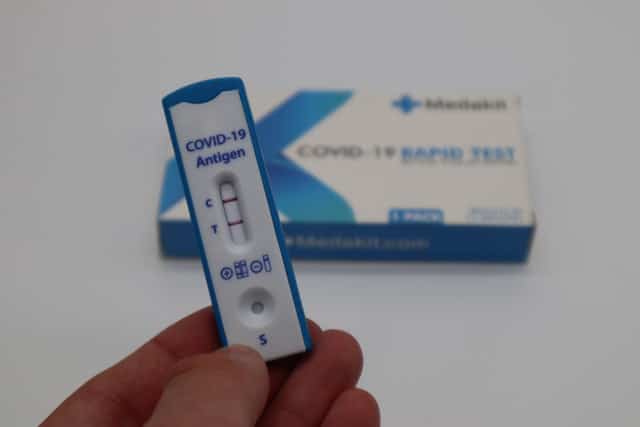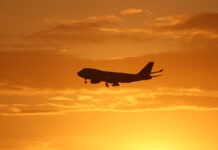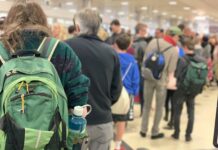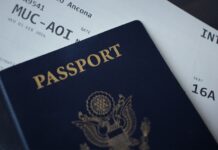 Alpha, Delta, and now Omicron. The coronavirus variants are making headlines spurring new and renewed travel restrictions by governments and health authorities. What does this mean for meeting travel?
Alpha, Delta, and now Omicron. The coronavirus variants are making headlines spurring new and renewed travel restrictions by governments and health authorities. What does this mean for meeting travel?
The associate manager of operations at Global Rescue shares 5 common “What-If” scenarios for meeting travel, including the big one: What happens if you or an attendee test positive while abroad?
What If I Need A Negative Test To Enter A Country?
Travelers should strongly consider obtaining a personal COVID-19 self-test kit that provides results in as little as 15 minutes and is acceptable for entry to their home country and countries on their travel and layover itinerary. These test kits are small enough to fit in hand luggage. Ensure these self-tests are compliant with current regulations and travelers should still consider conventional testing in case regulations change during travel.
Acceptable self-tests for entry to the U.S. must be an antigen or nucleic acid amplification tests, have FDA and EUA approval, and include a telehealth video call supervised by an authorized proctor who will issue a report confirming the results. For U.S.-bound travelers, a negative result from the Abbott BinaxNOW self-testing COVID-19 kit fulfills the U.S. government requirement for boarding a commercial aircraft. A video conference with a medical proctor will, of course, require the traveler to have Internet access to fulfill the self-test requirement.
What If I Can’t Use Or Obtain A COVID-19 Self-Test?
If a personal test kit isn’t acceptable or unavailable, travelers must know where testing facilities are located, whether reservations are needed, and when the results will be available. Travelers must also plan transportation to the testing site on the required day. Hotels are usually familiar with this and may assist with transport requirements. This requirement could burn two of your travel days, so plan and prioritize this accordingly.
What If I Get Stuck At the Airport Due to Border Closings?
The arrival of the Omicron variant led to border restrictions in dozens of countries and a total shut down to all international travel in Japan and Morocco. If you get stuck at the airport due to a sudden border closing, you won’t be the only one. The closure will impact thousands of travelers. Travelers stranded during the COVID-related border closings in March of 2020 discovered it was much faster to change travel arrangements at the airport ticket counter than on the phone or the internet. If you have preferred customer status at the airline, ensure you have the dedicated international phone number associated with that program – this will be much faster than calling the usual phone number, but not likely as fast as going to the ticket counter.
The first thing to do is immediately contact your embassy and register if you haven’t already; if the embassy does not know you are in the country, they will not be able to book you on a scheduled repatriation flight. The days of returning from an international vacation one day and returning to work the next are over. Travelers should always plan a contingency buffer of time. Also, ensure not to back other important events against your planned travel days.
What If I Test Positive On a Trip Abroad?
If you test positive for COVID-19 during a trip abroad, you should prepare to remain there until you can test negative since commercial airlines won’t take COVID-19 positive passengers. Global Rescue members who test positive and require medical care not available at their location or who are hospitalized may be evacuated home or to a facility capable of treating them. Without medical evacuation protection, travelers will have to remain in-country until they test negative for the disease.
What If I Have To Quarantine During a Trip Abroad?
Most countries no longer require automatic quarantines upon entry if the individual is vaccinated. The new omicron variant may prompt officials to reinstate quarantine rules, but they haven’t yet. If they do, travelers can avoid potentially new self-quarantine measures by changing their itinerary to avoid that country’s regulation.
Harding Bush is a travel risk expert, former Navy SEAL, and associate manager for operations at Global Rescue, the world’s leading provider of medical, security, evacuation, and travel risk management services.
You Might Also Be Interested In
Business Travel in January? 10 Tips
Survey: Omicron’s Effect on Meetings
Don’t Loosen COVID Precautions Yet










